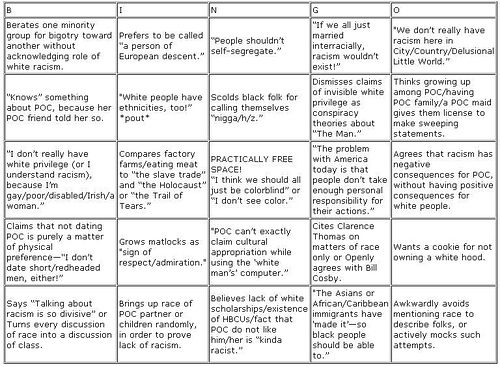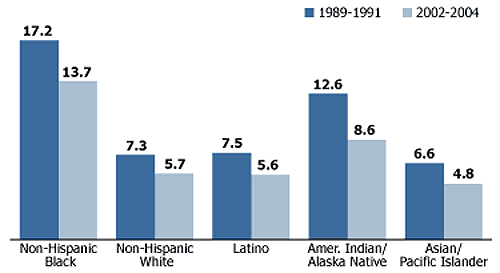People who promote “traditional” marriage, and oppose official support for or recognition of other family forms, are often the same people who worry about the relatively low fertility rates in the US and other wealthy nations.
The blog Demography Matters quotes from a newspaper article, about attitudes towards motherhood in Germany — attitudes that too many cultural conservatives in the United States share.
Unbeknownst to most outsiders, Germany is the most difficult place in Western Europe to be a working mother, with a deeply ingrained culture of machismo that expects women to give up their lives once they have children.
The ideology itself was Ms. Hoffritz’s biggest barrier. When she talked about her frustrations, her friends and relatives openly denounced her as a rabenmutter – literally “raven mother,” a woman who abandons her children, like the mythic ravens throwing their chicks from the nest. It is a term routinely applied to working mothers in Germany.
“When I got pregnant, even though I’d had a career for 20 years, everyone expected me to drop my job forever, to take care of my son and not do anything else all day for the rest of my life, and they got angry when I said otherwise,” she says. “Friends just thought I should be a full-time mom.”
This attitude, unsurprisingly, discourages women from having children. A new study by Jean-Marie Le Goff compares higher-fertility France with lower-fertility Germany:
Women in France, Le Goff argues, have access to a whole variety of family structures, from the traditional nuclear marriage family to a family marked by cohabitation to single motherhood, with a relatively long tradition of recognizing the responsibilities of parents towards their children regardless of their legal status, with the idea of mothers working outside of the home not only being accepted but supported by any number subsidies to parents to affordable and accessible day care. In West Germany, social and policy norms tend to support traditional family structures. The result? In France, people are childbearing age are split between two sectors, one defined by marriage relationships and the other defined by cohabitation relationships. On the other side of the Rhine, people of childbearing age are split between people who have children and people who don’t. Katja Köppen’s Second Births in Western Germany and France (Demographic Research 14.14) further points out that whereas Frenchwomen seem to enjoy an institutional structure that encourages motherhood and there isn’t a contradiction between high levels of education–hence employment–and fertility, there is such a contradiction in western Germany, with government spending priorities in the latter country being directed towards the support of traditional families. It’s not too much of a surprise, then, that the German Federal Statistics Office reports that [the number] of childless women is rising, particularly in the former West Germany.
Personally, I don’t care if fertility in the US goes down or up; I suspect any deficit in our population caused by declining births can be made up for by increased immigration. But those who are concerned about fertility rates, should consider supporting, rather than denigrating, alternative family forms.
(Curtsy to Economic Woman.)

 You may recall that back in June, Rep. Michele Bachmann, R-You Serious?, declared that the
You may recall that back in June, Rep. Michele Bachmann, R-You Serious?, declared that the 







I also think a lot of people genuinely think that a woman can not be strong enough to be president…